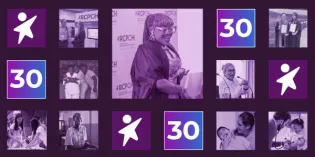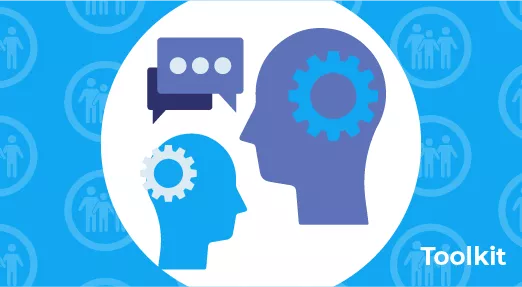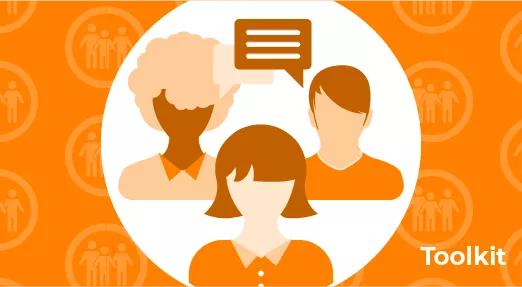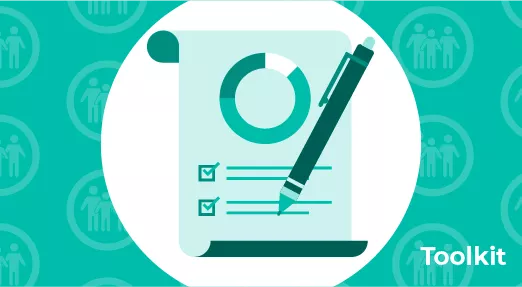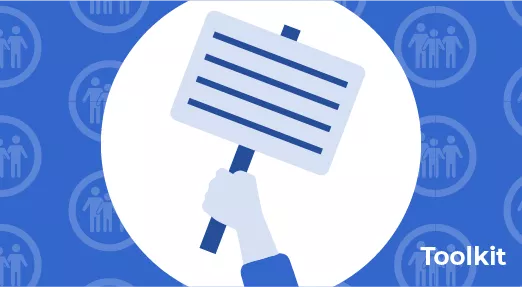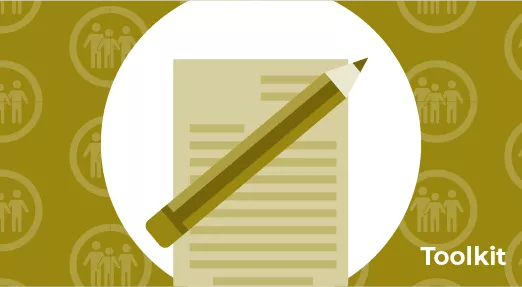Although doctors are historically not taught how to advocate for change and influence thinking in strategic areas, we are hoping to address this as a College. We offer key principles.

The key principles are simple
- Don’t worry about how to become an activist. Activists don’t need paediatricians to be an activist – they need us to be paediatricians. The expertise we bring to the table needs to be a combination of our experiences, and evidence. Healthcare leaders and policy-makers are keen to hear from clinicians about inequality.
- It is important to understand the landscape for local and national influence. “People know people know people” and talking is the best way to open doors and develop a network. Colleagues will often be linked in with different initiatives and leadership roles and may be able to get a foot in the door with the right person.
- Stand firm. Compromise is fine (and healthy), but it is important to not be fobbed off. “Low hanging fruit” can be a good strategy for certain problems, but not for child poverty. Scratching around the surface compounds the problem. It often diverts from where the problems really lie.
- The key benefits of addressing child poverty cut across the board. There are financial, resource, moral, ethical, and environmental benefits if children do not live in poverty. It is useful to identify which of these is relevant to the people with whom we speak.
- Use data and evidence as tools to support your case when advocating for change. (See Harnessing data and evidence below.)
- What do children and young people think?
-
- Involve us in a project to help create awareness campaigns, materials, resources or presentations to professionals and local influencers. We know better than anyone what it is like to experience poverty or inequalities, so we want to work with you on it. We have a guide called Youth Social Action on how to work with young people on a project, which was created with a paediatrician.
- Ask people to think about these questions:
- What would be your top three suggestions for families who are struggling with the cost of living?
- What can you do with your connections or links to make a difference?
- How does your policy make a difference and what could be changes to make it even more of a difference?
- If you had to choose between food, medicine/appointments or bills, what would you choose?
- Play family misfortunes or the child poverty memory game in your teams and with decision makers to raise awareness of issues identified by children and young people in relation to poverty and the impact on their wellbeing.
If you’re based in England, you could consider becoming an RCPCH Ambassador, who are responsible for advocating for children in your local Integrated Care Systems (ICS), or approaching your local Ambassador for support with your advocacy work. Find out more about RCPCH Ambassadors
Paediatricians must ensure that people know that poverty increases the risk of childhood mortality, and that there is an urgency to improve the situation. There is ongoing work to enshrine the rights of children in UK law, which may help to address this.
Harnessing data and evidence
Here are sources of data and resources that will be useful to support you in making the case to address child health inequalities in your local area.
- UK-wide database
- Office for National Statistics - This has excellent resources around many aspects of socioeconomic deprivation and child health
- England
-
- Child and maternal health data
- Index of multiple deprivation mapping for England
- Public Health Data for England - This can be viewed on an interactive map on the Local Health website
- National Child Mortality Database
- Wales
- Scotland
- Northern Ireland
- National audits
-
These can be used to assess clinical outcomes, process outcomes and service provision, and enable benchmarking with other centres. The data can be used to generate business cases for improved services.
National audits in infants, children and young people are conducted for asthma (with Royal College of Physicians), neonatal care, diabetes and epilpesy.
- Other resources
-
Various charities, third sector and grassroot organisations publish information and resources on child poverty in the UK to support you in advocating for improved child health outcomes:
- Child Poverty Action Group
- Association for Young People’s Health
- Joseph Rowntree Foundation
- Trussell Trust
- The Health Foundation
- King’s Fund
- Making Every Contact Count - eLearning
- The Marmot Review - published by The Health Foundation
- Make Your Mark from British Youth Council - data from thousands of children and young people represented nationally or in local authority area on what matters to them annually since 2015 including poverty, mental health, curriculum for life, transport and more
- Turn2us - information on grants, funding and benefits for a range of different things from white goods to laptops to support with bills
- Paediatric organisation
-
The Wellbeing and Health Action Movement (WHAM) - To inform, empower and unite clinicians who fight child poverty and health inequality with tools and resources to help you do so



